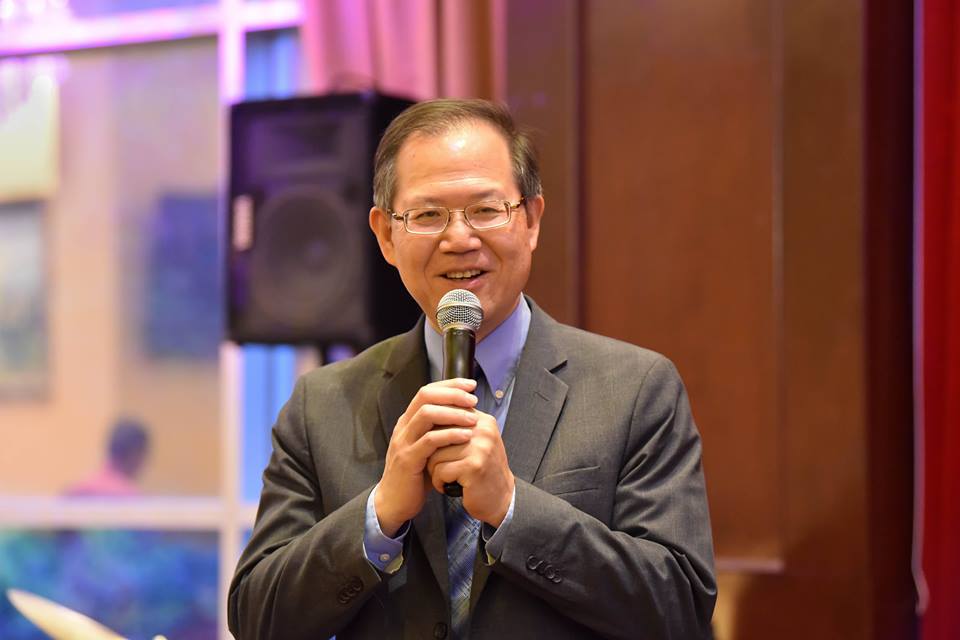The federal Liberal party has named Richard Lee its new candidate to face-off against NDP leader Jagmeet Singh in the Burnaby South byelection on February 25, and their choice shows how politics can make strange bedfellows.
On the face of it, Lee seems tailor made for the job.
He was, after all, a Liberal member of the British Columbia legislature for 16 years, and he is now running for the federal Liberal party. The two parties — the B.C. provincial Liberals and the federal Liberals — are not, however, fraternal organizations. They are not even, for the most part, political allies. Indeed, the B.C. Liberals officially disaffiliated from the federal party nearly 30 years ago.
In the 1990s, the B.C. Liberal party supplanted the now-defunct Social Credit party as the small-C conservative alternative to the NDP. And while it fancies itself a big-tent party of the centre-right and the right, the B.C. Liberals most fervent core supporters tend to be federal Conservatives. Those who vote Liberal federally in B.C. tend to split their allegiances, provincially, between the NDP and the Liberals.
At times, the B.C. Liberal party calls itself a “free enterprise coalition” party. It unabashedly leans to the right ideologically, although it did bring in a modest carbon tax, which sets it apart from other right-wing parties in Canada.
There have been some notable B.C. Liberals who were active in the federal Liberal party. One such individual is former Liberal premier Christy Clark’s ex-husband, Mark Marissen, who worked as an adviser to one-time federal Liberal leader Stéphane Dion.
But such examples are overshadowed by the strong and enduring links between the B.C. Liberals and the federal Conservatives, and nobody exemplifies that relationship as well as long-time B.C. Liberal premier Gordon Campbell.
Conservative prime minister Stephen Harper named Campbell to the prestigious post of High Commissioner to London, after the latter retired from politics. The former premier had left office under something of a cloud of scandal, and the new job Harper gave him helped renew his credentials as an important and influential power player.
Signing on for a partisan hit job
More recently, Ontario Conservative premier Doug Ford appointed Campbell to lead an inquiry into the spending habits of the defeated Kathleen Wynne Liberal government. Wynne and Justin Trudeau were close political allies.
There might be some good reasons to root around in the financial records of the Wynne government, but most Liberals, be they in the federal or Ontario party, do not see it that way. To them, the exercise Campbell leads is nothing more than a political hit job.
It is one thing to take on a non-partisan, public service role following a career in politics — such as representing Canada abroad. It is quite another to get one’s hands muddy in what appears to be a crassly partisan revenge game.
None of this is directly linked to Lee.
Still, Lee’s political opponents in the current race might have some questions for him about the years he spent as a provincial Liberal in the B.C. legislature.
Former Liberal candidate in the riding, Karen Wang, turned out to be an embarrassment, but the federal party could easily disassociate itself from her. It was the members of the federal Liberal riding association for Burnaby South who chose the now-disgraced Wang as their candidate, not the party leadership.
In the case of Lee, it was the prime minister and his senior advisers who made the choice. Trudeau and the Liberal party brass will have difficulty disassociating themselves from anything Lee says or does, or any information that emerges about Lee, during the campaign that starts in earnest now.
Karl Nerenberg has been a journalist and filmmaker for more than 25 years. He is rabble’s politics reporter.
Image: Richard Lee/Facebook
Help make rabble sustainable. Please consider supporting our work with a monthly donation. Support rabble.ca today for as little as $1 per month!



